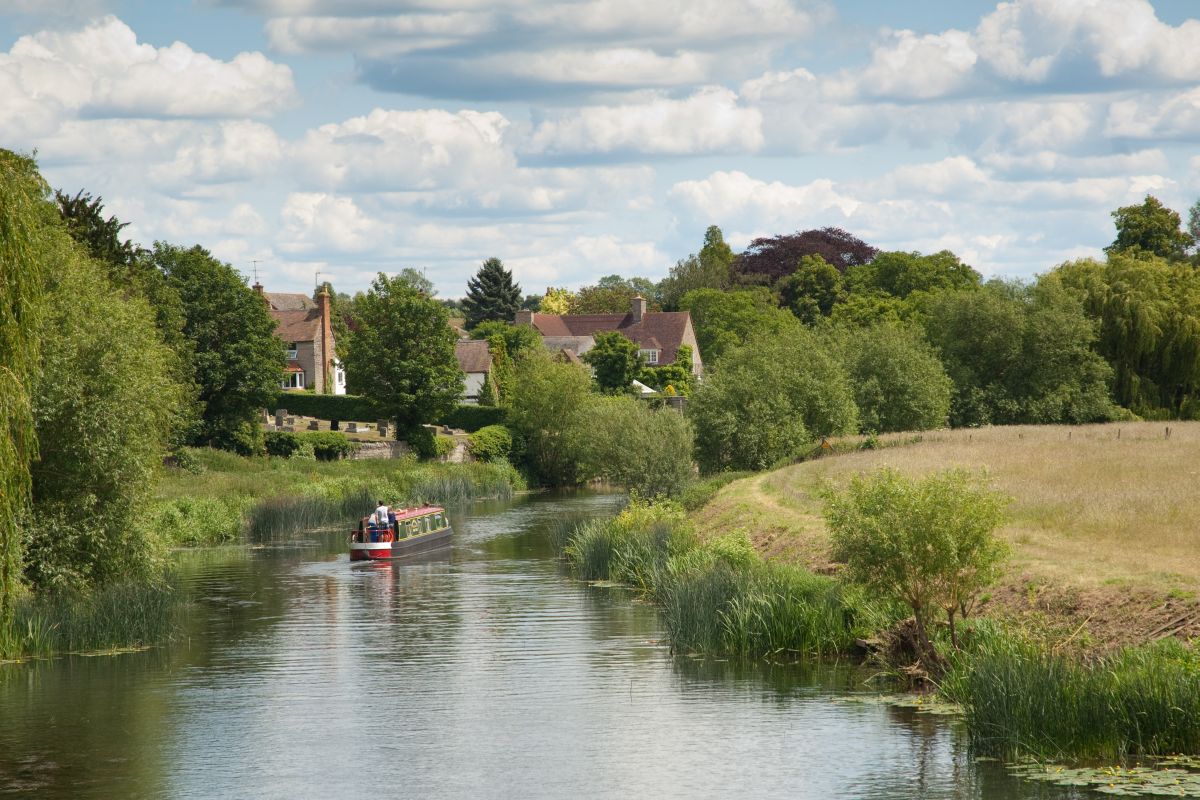Rural tourism 'held back' due to uncertainty of Brexit

Tourism businesses in the countryside are being held back due to the uncertainty of Brexit, says rural organisation CLA.
Just as the Prime Minister suggests Brits ‘staycation’, fears of under-investment in rural areas is getting the industry worried.
In response to the Environment, Food and Rural Affairs (Efra) Select Committee inquiry into tourism’s role in supporting rural growth in England, the CLA has called for a bespoke plan to address the challenges faced by rural tourism businesses, such as poor broadband and lack of investment.
The submission comes in the week after the Prime Minister announced a national tourism plan.
Theresa May last week pledged Brexit will create “real opportunities for growth” in the tourism sector as she announced a new £40m fund for tourism projects across the country.
But the CLA has criticised the National Tourism Action Plan for failing to address core concerns specific to rural areas or address concerns about funding currently provided through the EU for economic development initiatives that support tourism in rural Britain.
Encouraging more to stay in the countryside<

CLA President Ross Murray said: "We want to encourage more visitors to stay in the beautiful British countryside and enjoy all the activities it has to offer.
"Tourism supports rural businesses and local communities and already provides around £11billion a year to the English economy, but investment will be lost if barriers are not broken down to ensure rural tourism is sustained through Brexit and beyond.
"Rural tourism is unique and must have bespoke policies which meet its needs.
Mr Murray said the CLA recommends the introduction of a new rural-focussed policy which complements the current government agenda on tourism.
"The Government has to recognise that rural tourism is different from urban, and encourage greater collaboration between the industry, DCMS and Defra," he said
Mr Murray added that that the current level of funding to develop rural tourism in a post-Brexit world must be retained to give confidence to rural businesses to invest in the future.
He said: "Industry and Government need to start work now on establishing how vital funding that supports tourism across the countryside, and is currently provided under EU funding streams, will be replaced up to and beyond the UK’s exit from the EU."
CLA's Five Point Plan for rural tourism
Removing fragmentation: a new structure that encourages and fosters greater collaboration between the rural tourism industry and government that promotes growth, innovation and productivity.
Boosting apprenticeships and skills: development and implementation of a dedicated apprenticeship programme that can meet the needs of rural business.
Creating a dedicated rural funding mechanism: post-Brexit will be "crucial" for the Government to put in place a definitive, long-term funding programme that can work with the private sector to increase levels of investment.
Improving digital connectivity: access to a range of alternative options and technologies that suit the needs of these businesses, exploring community and business collaboration and a dedicated training and skills programme to allow businesses to exploit the advantages of the digital revolution.
Clear and far-sighted intelligence: creation of a rural tourism intelligence function between government and the industry so the right business decisions can be made based on the most up to date statistical evidence that can reinforce economic growth.








